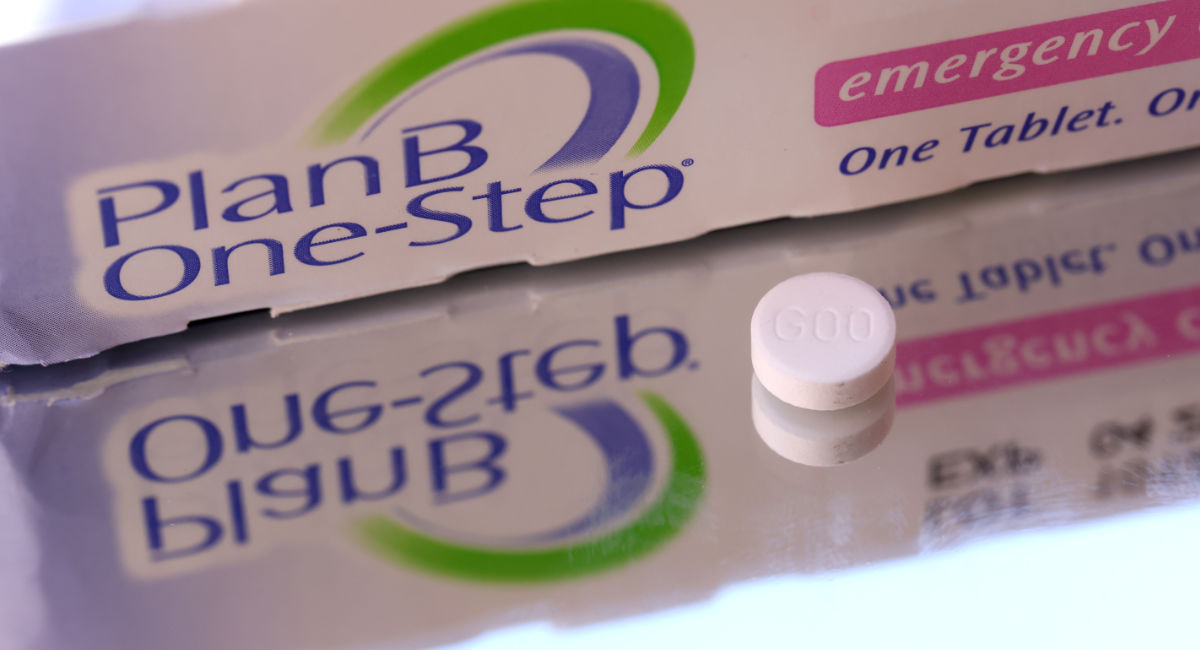Following a student-led effort, George Washington University has installed a Plan B morning-after pill vending machine in the basement of one of its student centers as a response to the overturning of Roe v. Wade last June.
Following the fall of Roe, many have pushed to expand access to birth control. According to USA Today, sophomore Neharika Rao saw the installation of the vending machine as a priority, leading the effort to bring it to campus because, though the student health center already carries emergency contraception, it isn’t open 24 hours, seven days a week.
Until recently, the Federal Drug Administration (FDA) has required Plan B to include on its packaging the warning that though it is meant to prevent ovulation, Plan B had the potential to act to prevent the implantation of a newly created human being, causing the death of that child. However, the FDA recently lifted that warning requirement and said that Plan B does not prevent implantation and strictly acts to prevent ovulation.
While questions remain regarding the change, George Washington University’s decision to add a Plan B vending machine to campus following the end of Roe is evidence of the increased interest in birth control when the option for abortion is removed — or the possibility exists that it could be removed. What is interesting, however, is that George Washington University is located in Washington D.C., where abortion remains completely legal throughout all trimesters of pregnancy — it is unrestricted there — and there is no indication that this unfettered abortion access will end any time soon.
Statistics show that 83% of sexually active females ages 15-24 use contraception — so the question is: why push for easier access to Plan B?
Despite this high statistic on contraception use, most women who had abortions in 2020 were in their 20s (57%). George Washington University’s decision to bring more Plan B to campus is a sign that abortion advocates know that even with access to birth control, contraception can and does fail. And then women, especially unmarried, college-age women, turn to abortion as a backup.
Furthermore, according to research, 51.2% of abortion patients were using at least one form of contraception in the month they conceived a child — meaning 48.8% were not. And 1 in 4 women seeking an elective abortion was using one of the “most effective” forms of contraception when they became pregnant — meaning 3 out of 4 were not.
This is an indication that many women have been using abortion as a form of birth control.
When Roe fell, fear and panic set in. The push to increase access to birth control overall and increase access to Plan B on college campuses is further indication that for women who do use birth control, contraception is not as effective as they may have been led to believe — and for women who don’t use contraception, abortion is being used as a substitute.








